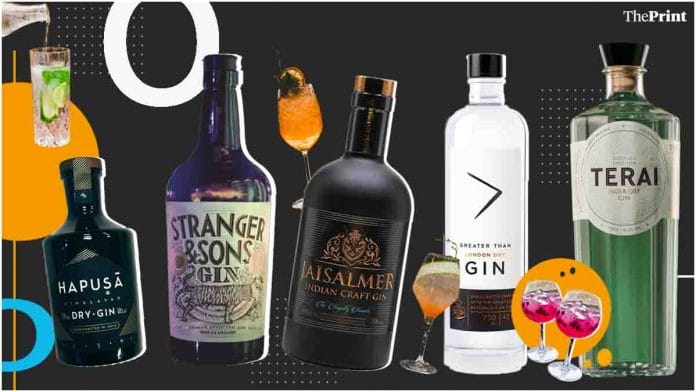If I had a rupee for every time a woman was harassed in a bar, I would be able to buy the most expensive nightclub in the world—and then ban men from entering it. More than a decade after women were dragged by the hair at a Mangalore pub, they were shamed and chased out of another pub—this time in Chennai. Men don’t want to see women having fun. In the Chennai incident, the media was as culpable as the aggressive drunk men.
When India was nursing the collective heartbreak after losing to Australia in the 2023 cricket World Cup final on 19 November, women at the Big Bull bar in Chennai were hounded and slut-shamed. What started as a heated argument between the bar management and drunk men who wanted a table around 11:20 pm ended as a horror night for the women. The men called their media friends to harass the management for staying open after the mandated closing time. Soon, the bar fight turned into a news package about ‘half-dressed drunk women having sexual interactions with men at a bar’.
This wasn’t the first time women were shamed and morally policed at a bar. In 2009, dozens of men belonging to the right-wing Hindutva group Sri Ram Sena barged into a pub named Amnesia in Mangalore and beat up young women and men for mingling with each other and “violating traditional Indian values”. Whatever that means. Nine years later, all of them walked free despite several videos of assault available to the police, which didn’t submit them in court as evidence.
What riles up men? A free woman
This time, it was the camerapersons from local news channels who chased the women, forcing them to seek cover and hide their faces with whatever they could find. In the videos broadcast on television and circulated on social media, the reporters seem proud to be ‘exposing’ the ‘wayward’ women to the world. ‘Look, they were drinking. Look at their skimpy clothes.’ The incident is a scary spectacle of the news media’s utter incompetence and moral bankruptcy of sexist men who feel powerful with a camera in their hand. It also serves as proof of how Chennai, already battling a negative reputation, is as an unsafe city for women.
The memory of Chennai is traumatic for many women. During my time in the city, a stranger filmed me on the road. My friend came to college after fighting several strange hands on the bus. Ogling is so normalised that all you can do is keep your head down and walk straight. According to a 2019 study, 71 per cent of women in the city said that they were at risk of being groped or harassed in public transport. The Big Bull bar incident shouldn’t come as a surprise.
Something about women drinking alcohol riles up men in the worst ways. The question of morality becomes paramount. To them, a 30 ml whiskey pint is the most dangerous thing a woman can hold. It’s corrupt, it’s shameful. And when there is alcohol, there is mention of sex. The reporters in Chennai used lewd terms like ‘manmatha koothu’ and ‘kilukilu paravaigal’ to describe the scene at the pub, suggesting that all of the women present at the pub were engaged in sexual interactions with men. The concept of consensual intimate relations between men and women was thrown out of the window. If this is what women get for being out and about, how do we expect them to take up space in public?
Women can’t simply let go and have fun. We always have safeguards—friends who check in on us, accompany us to washrooms, and watch our drinks when we’re on the dance floor. When stand-up comedian Trevor Noah was in Delhi, he asked women what they wanted the most. There was just one answer—to walk at night.
Views are personal.
(Edited by Prashant)






